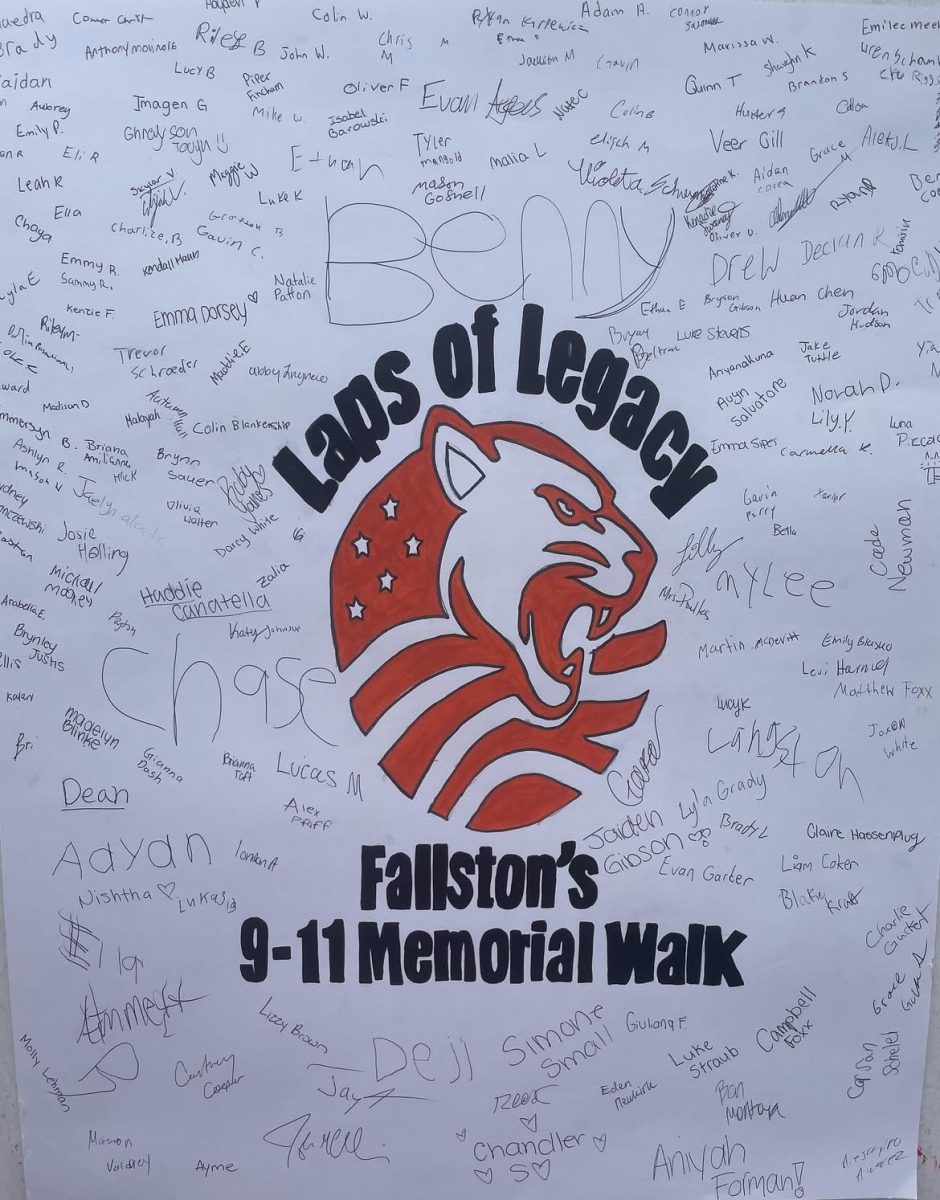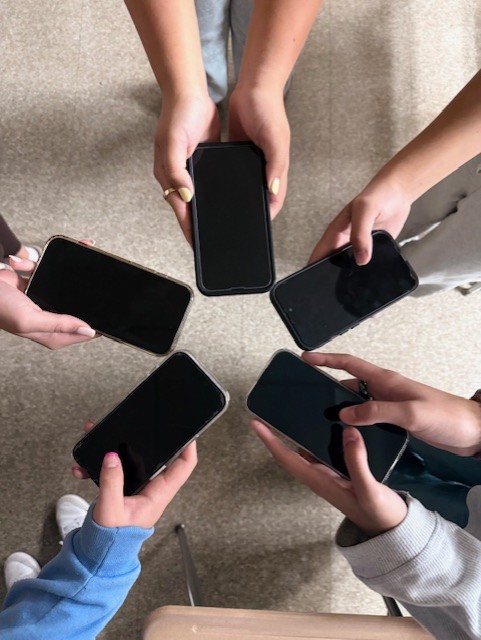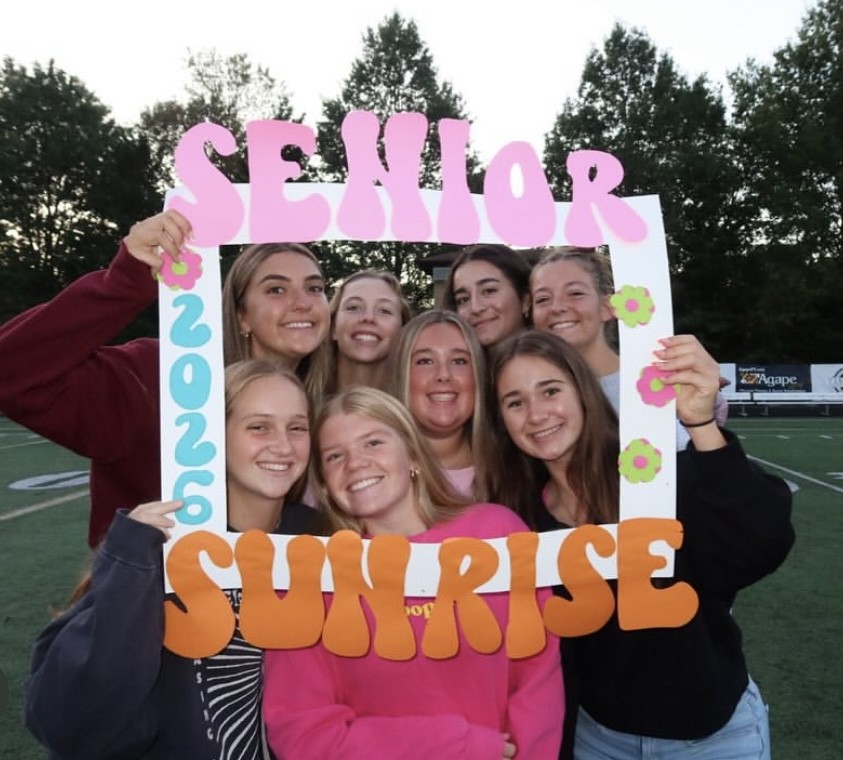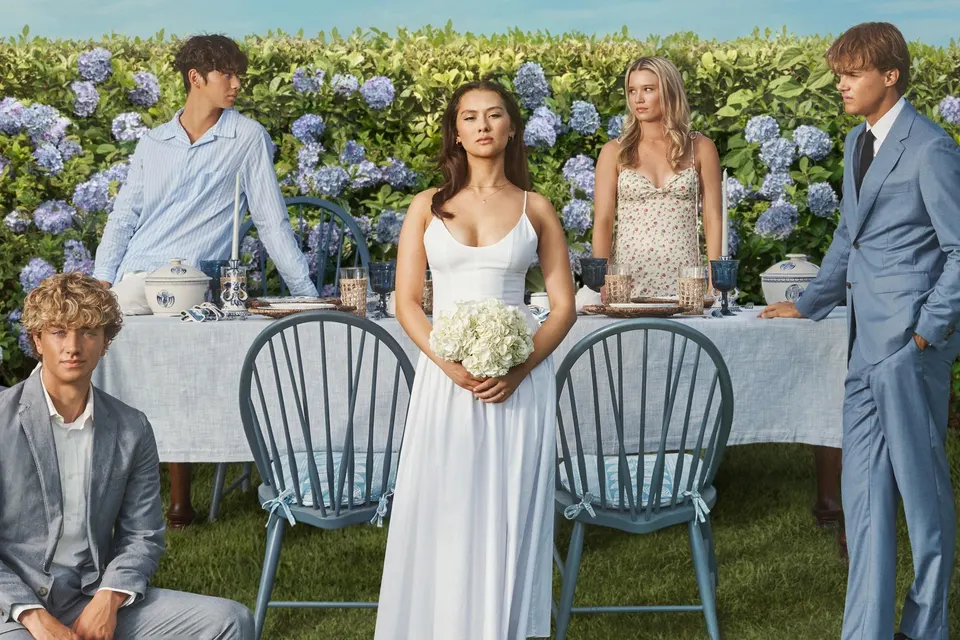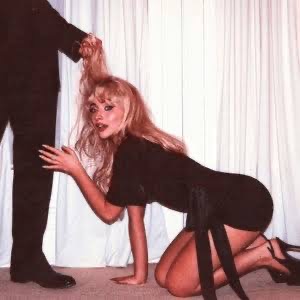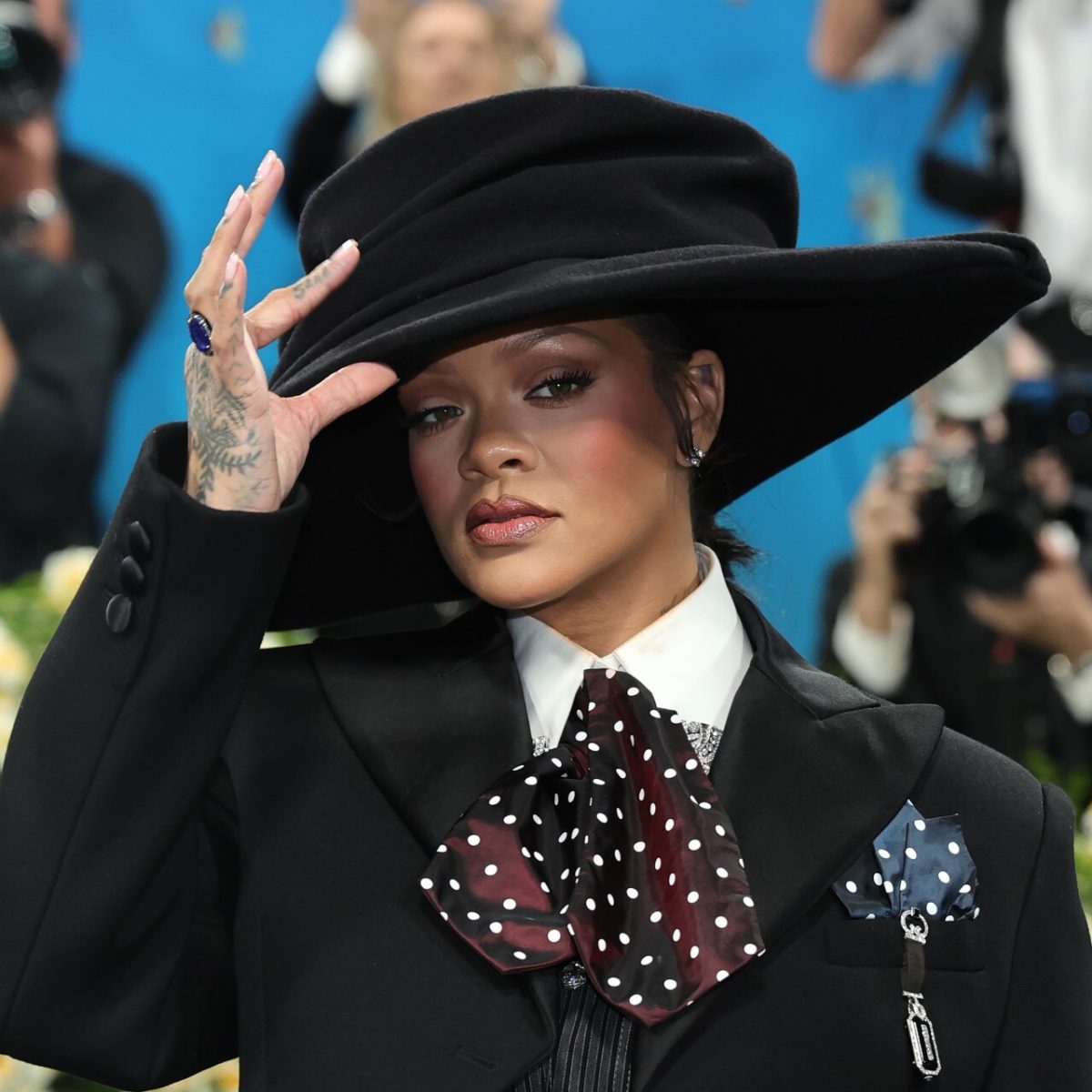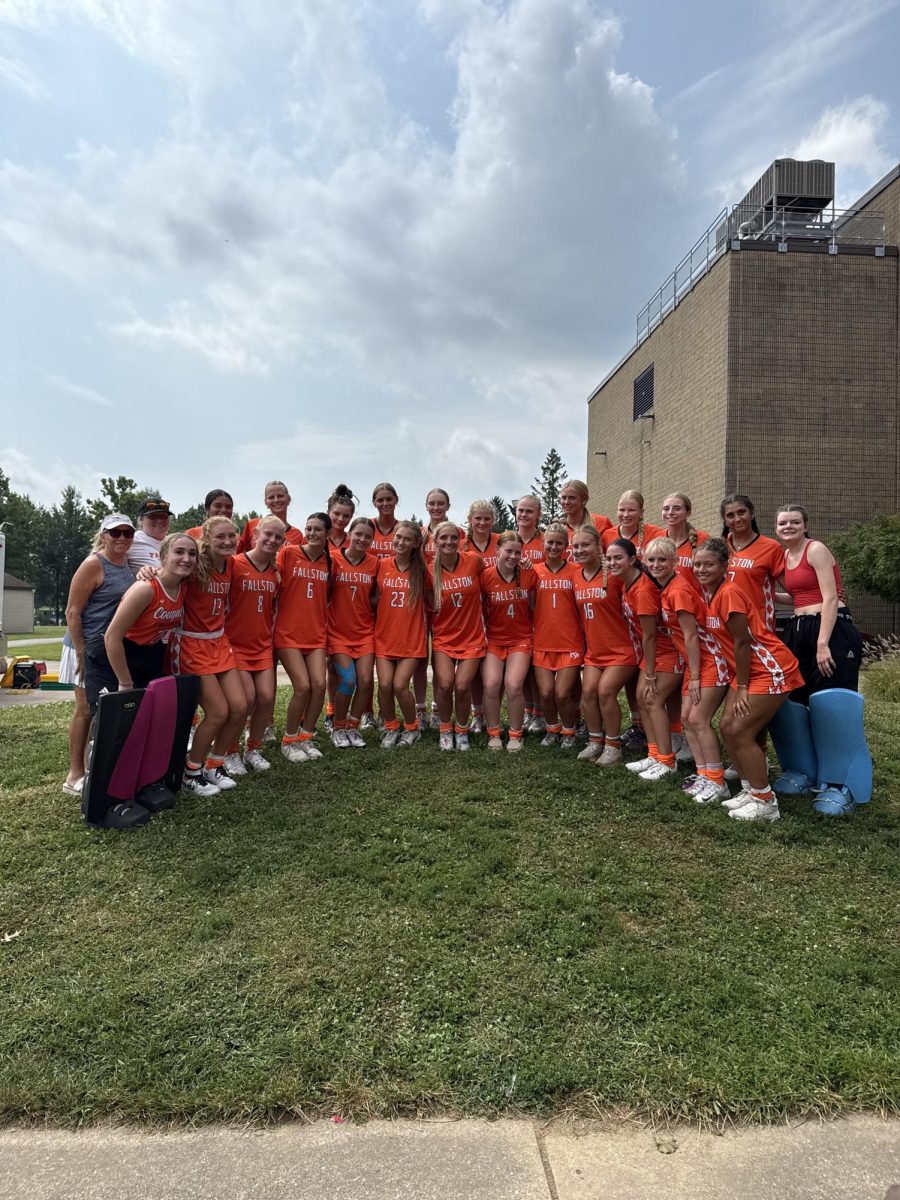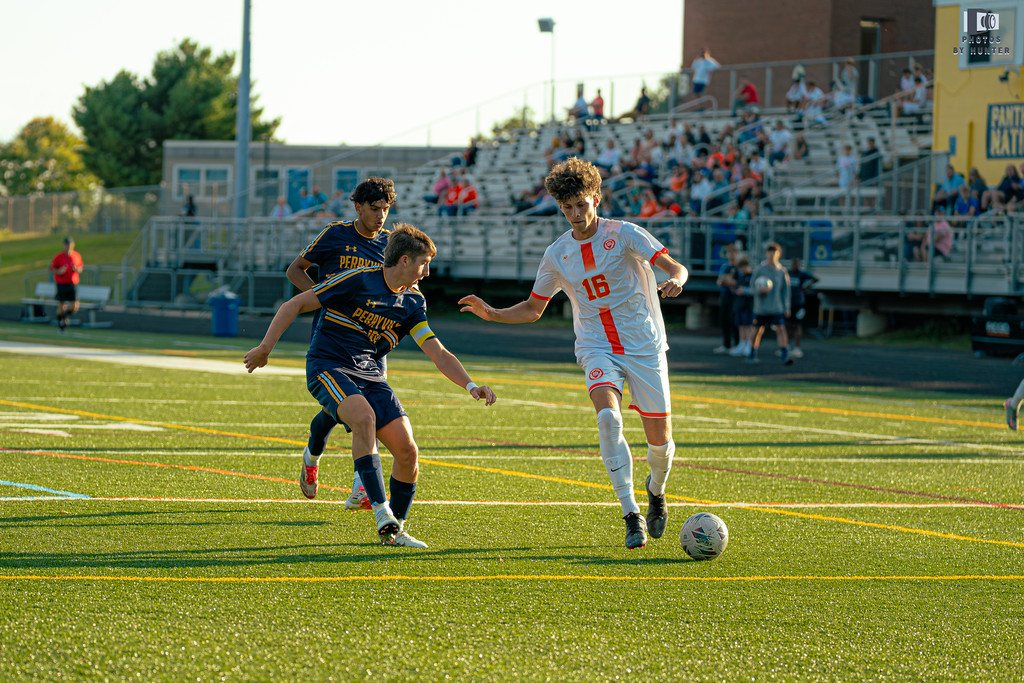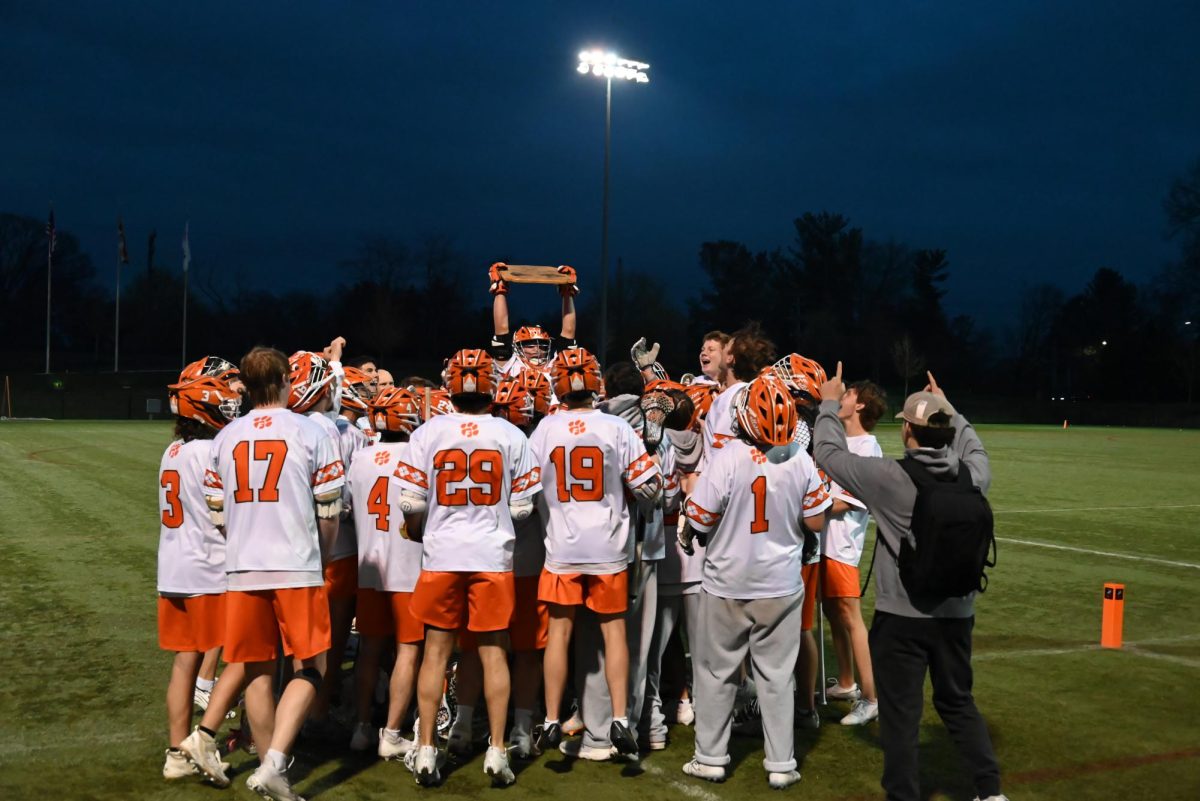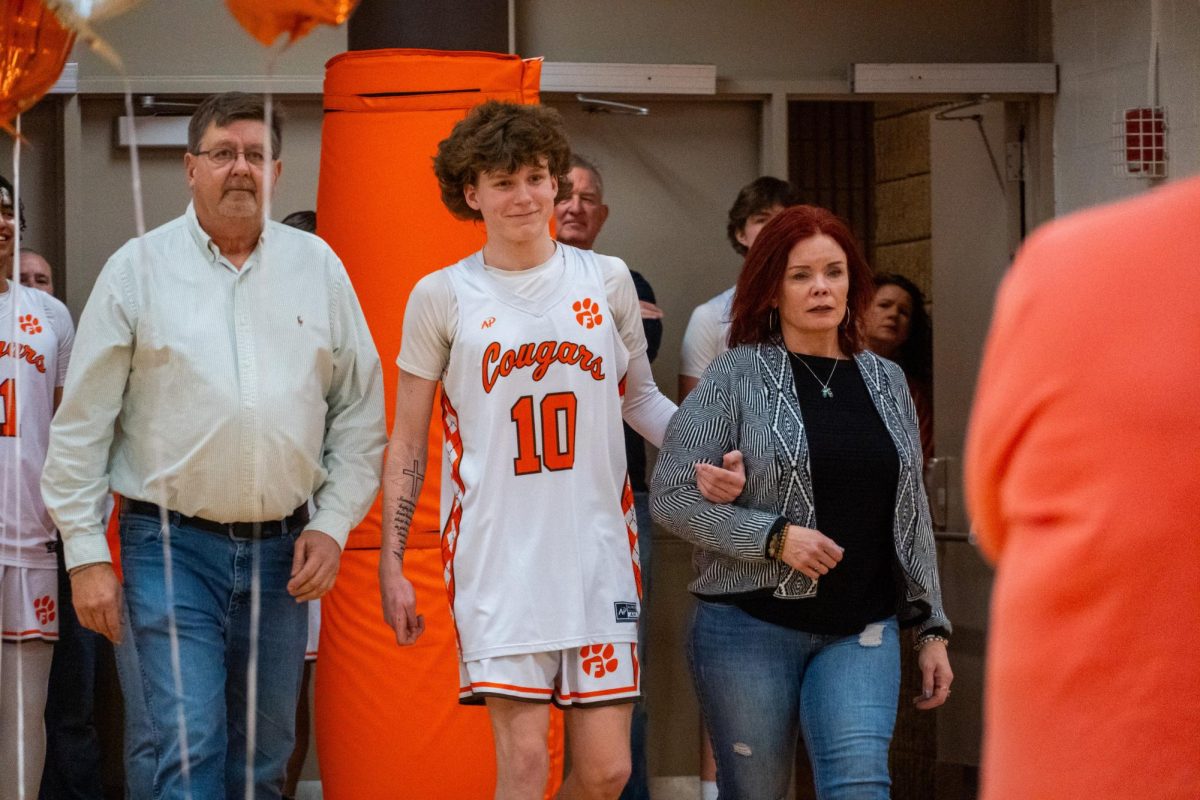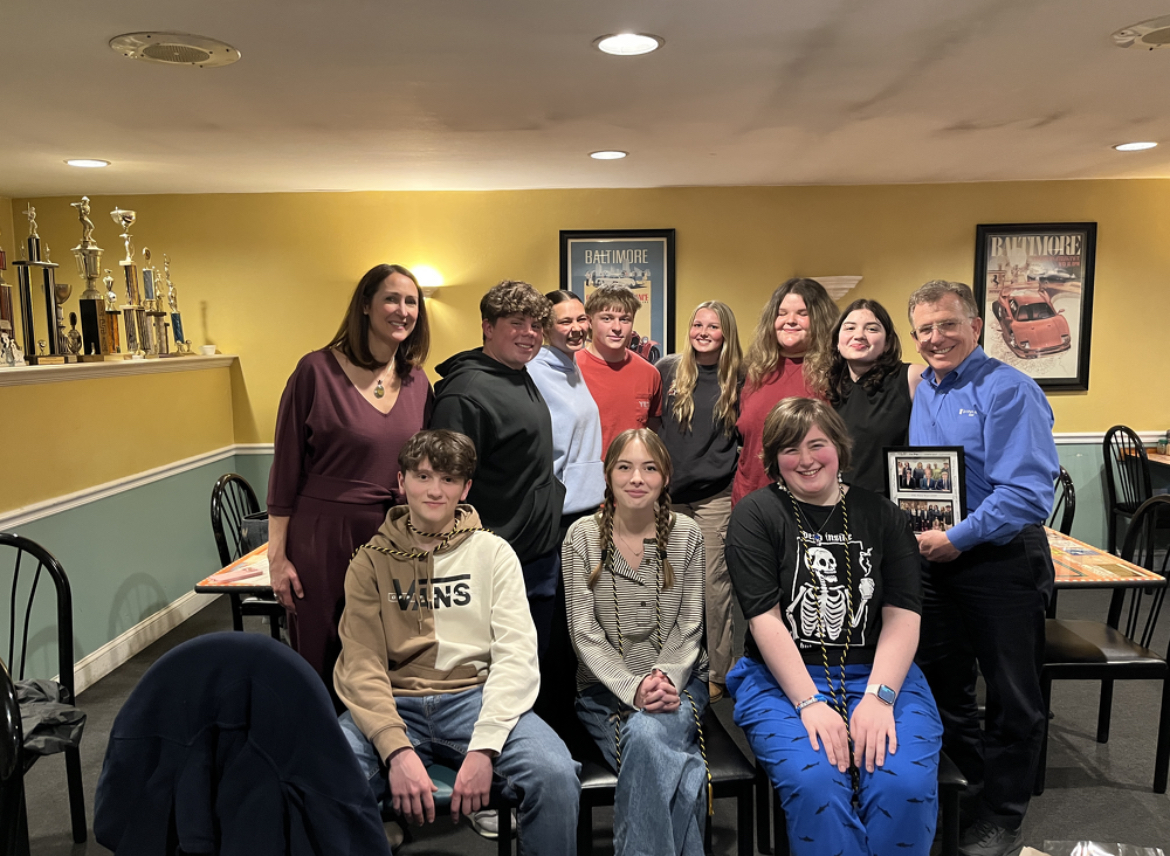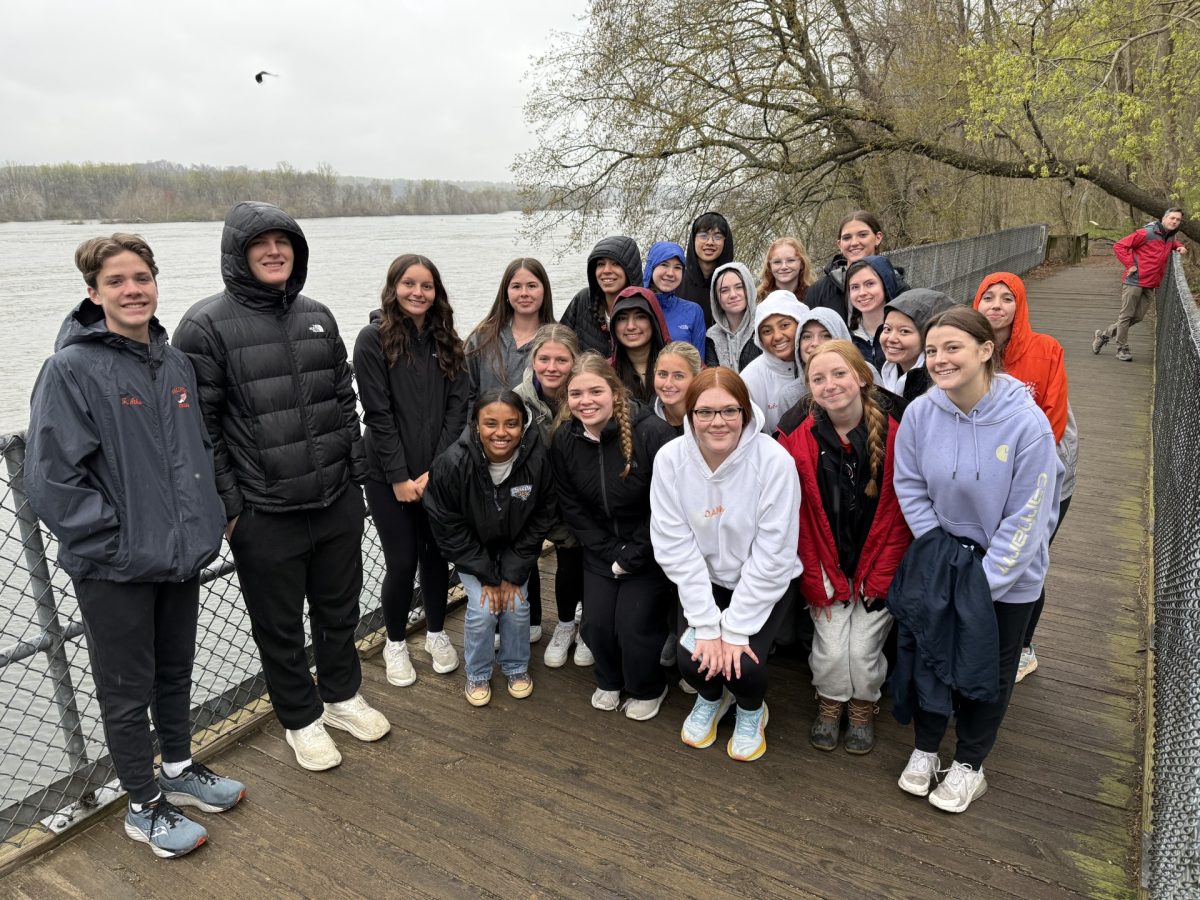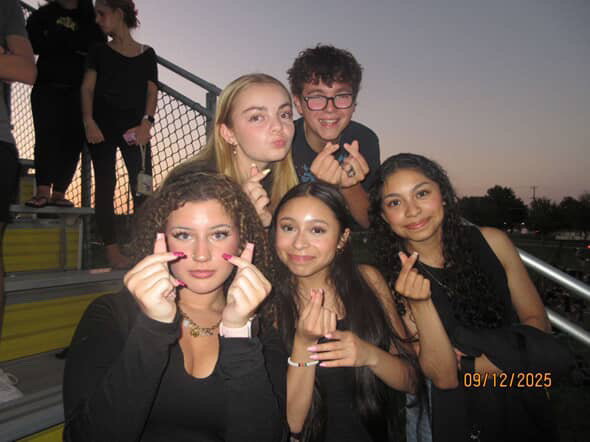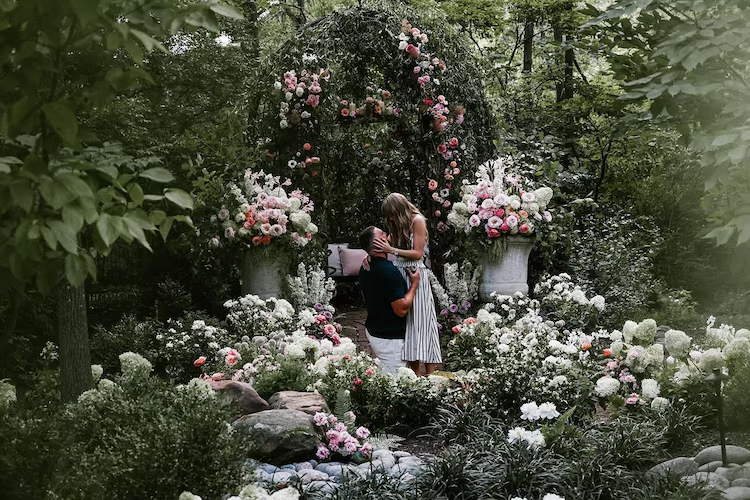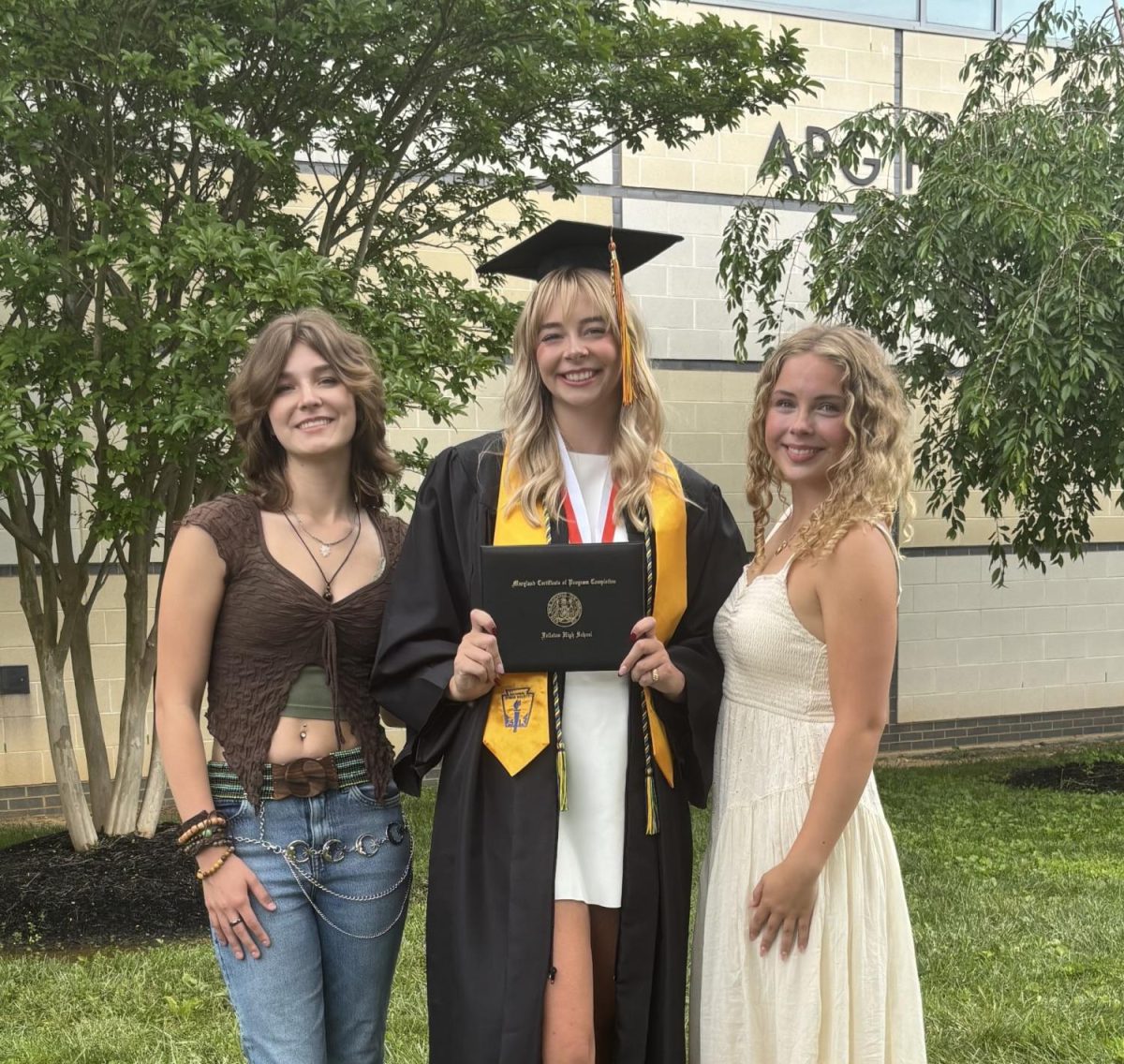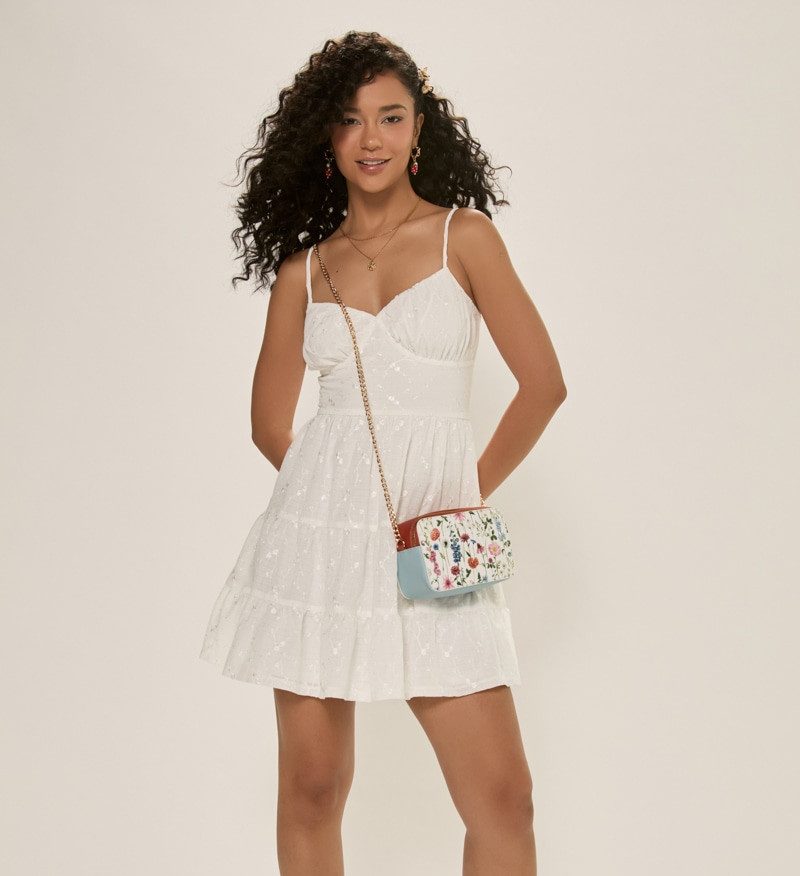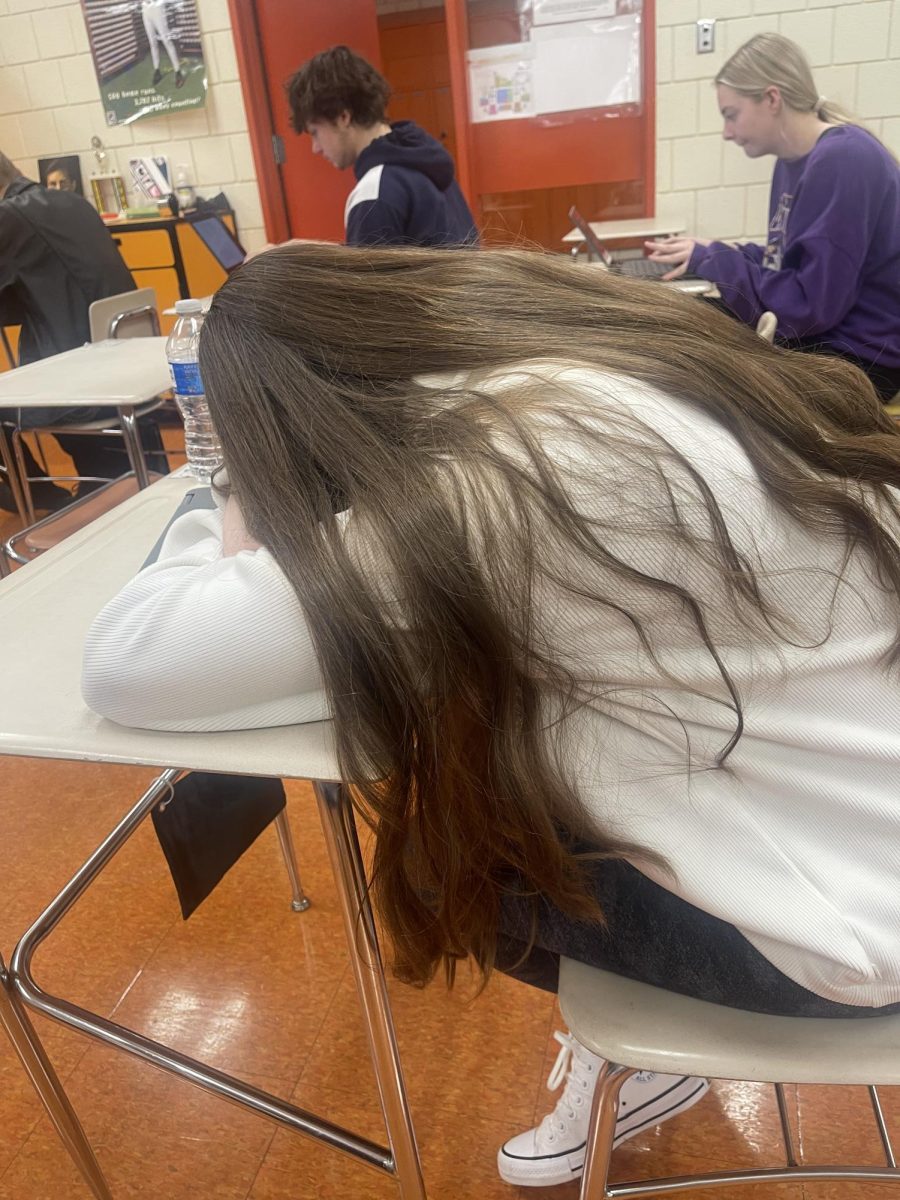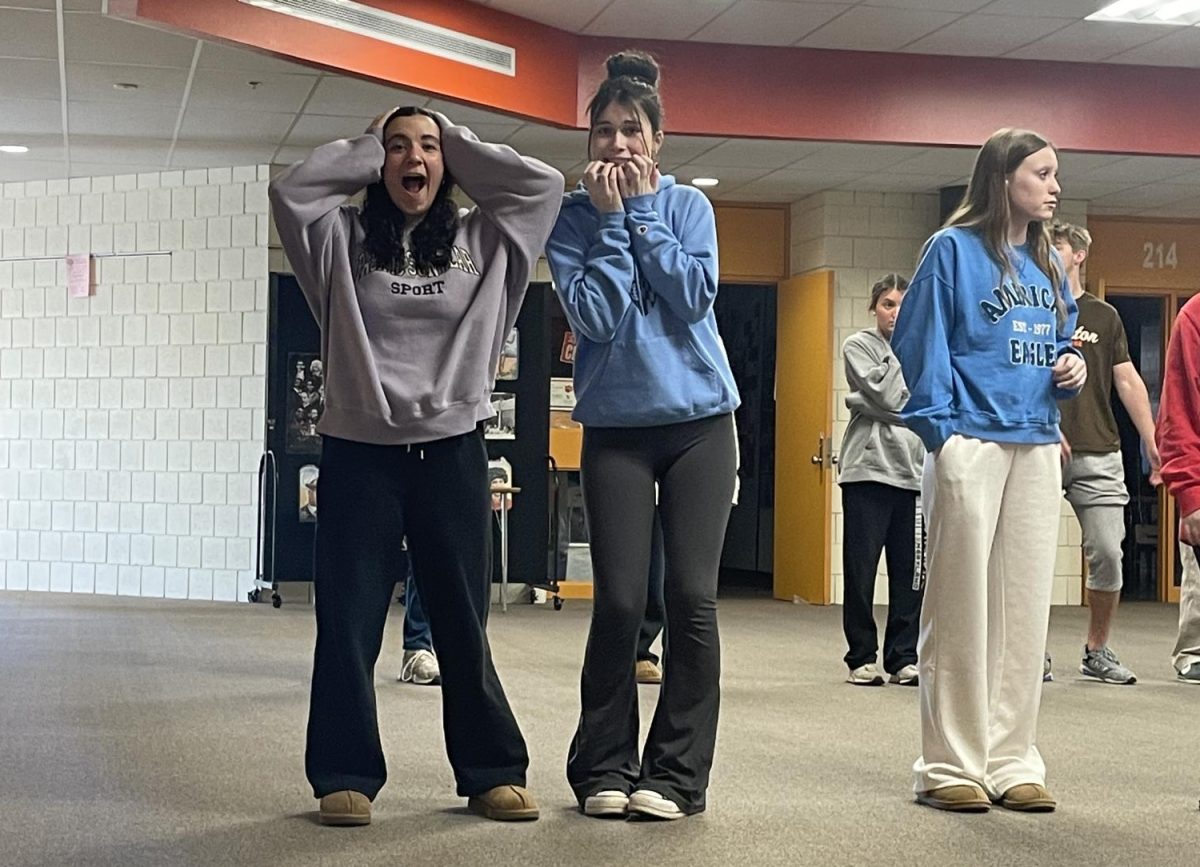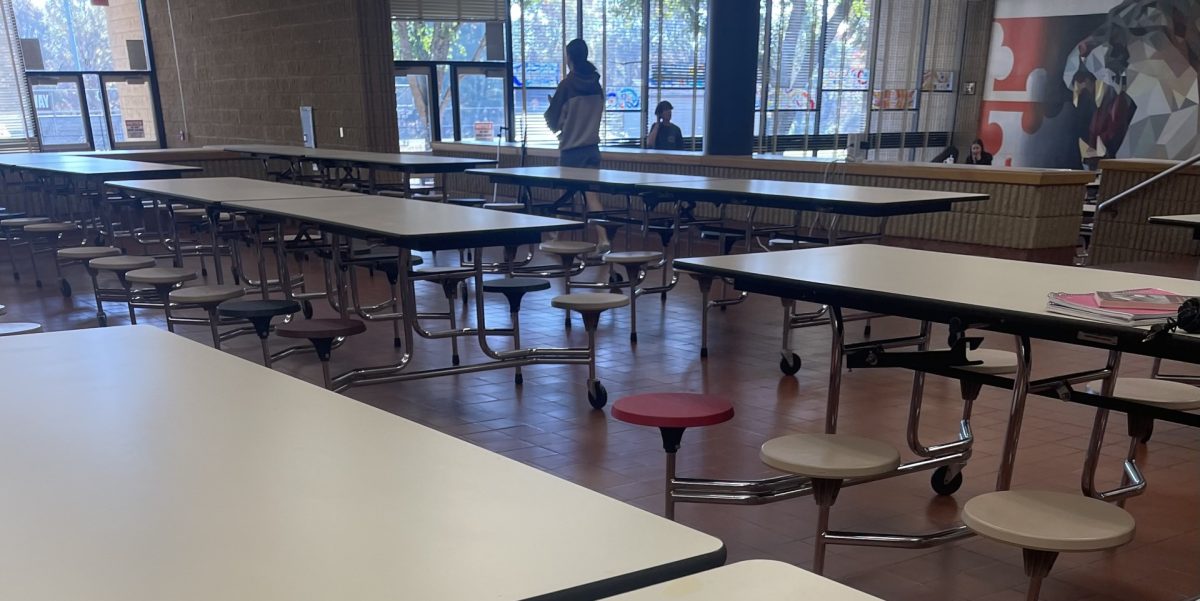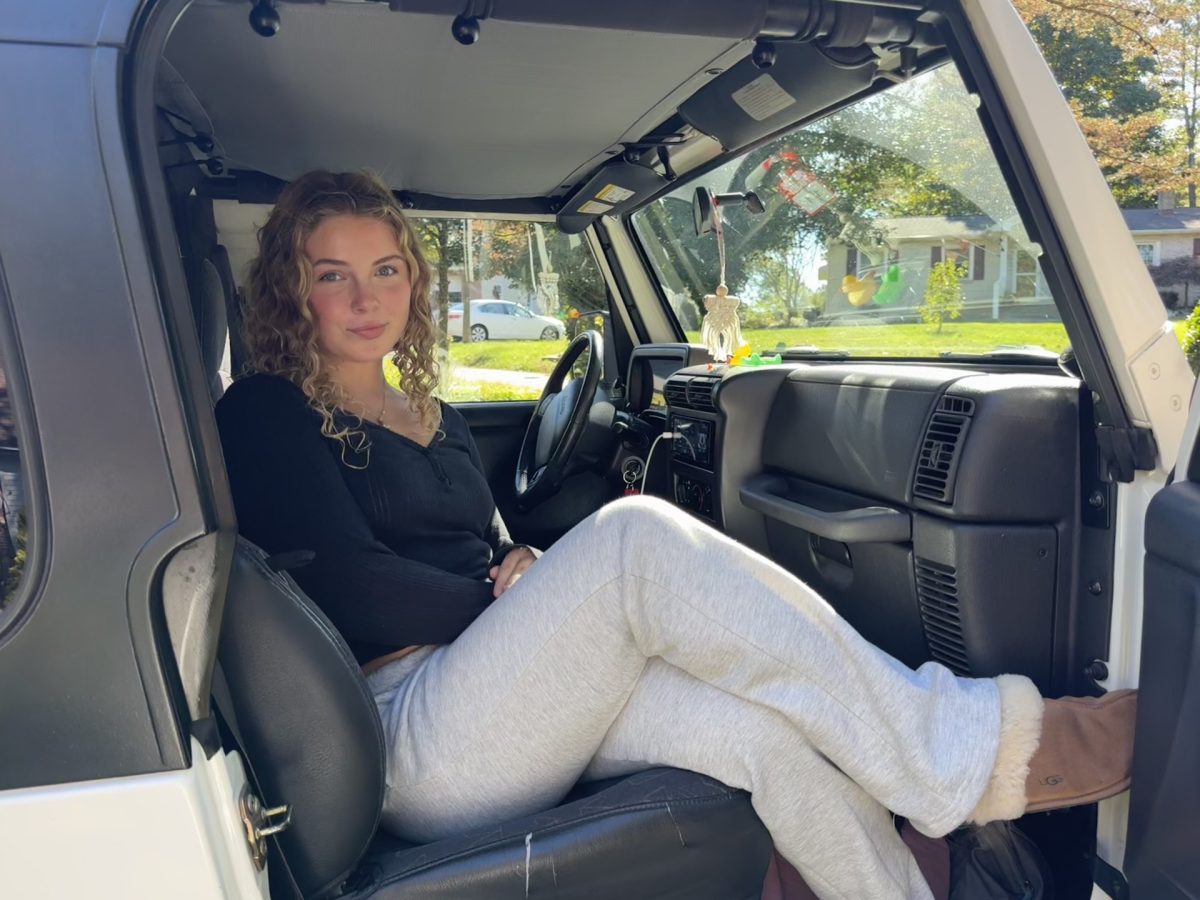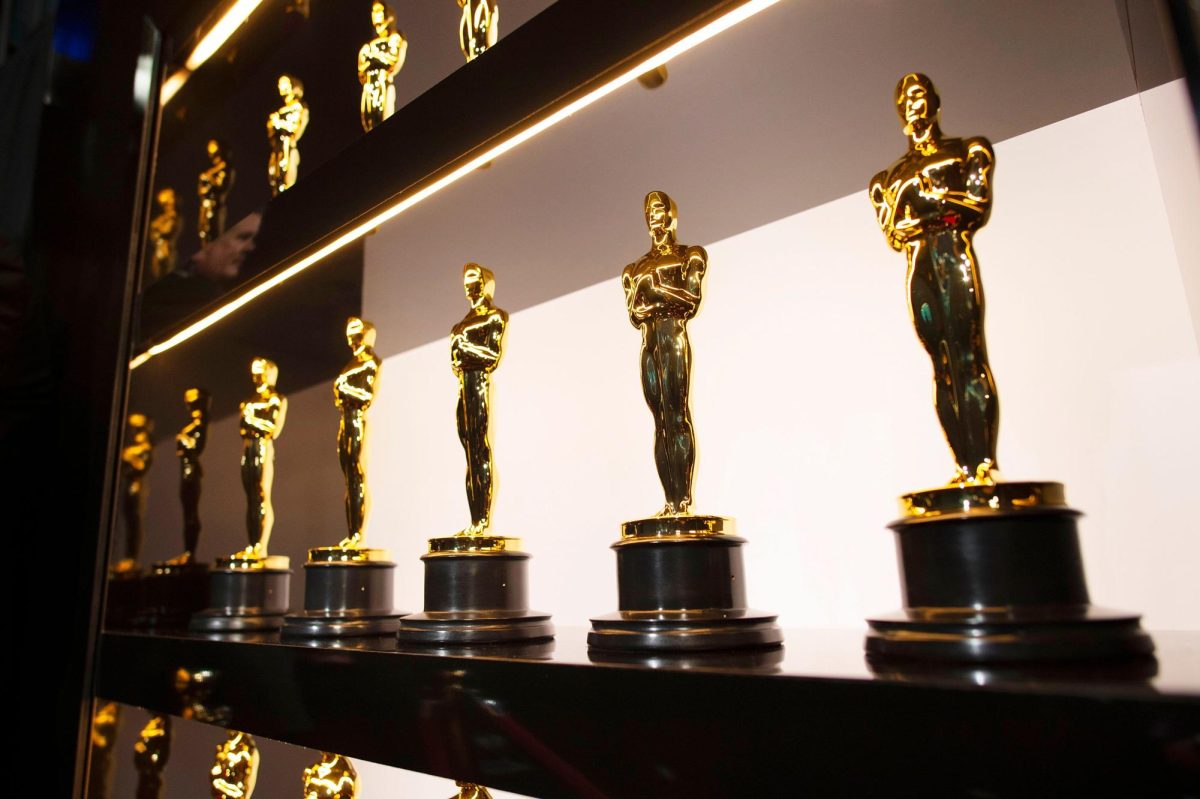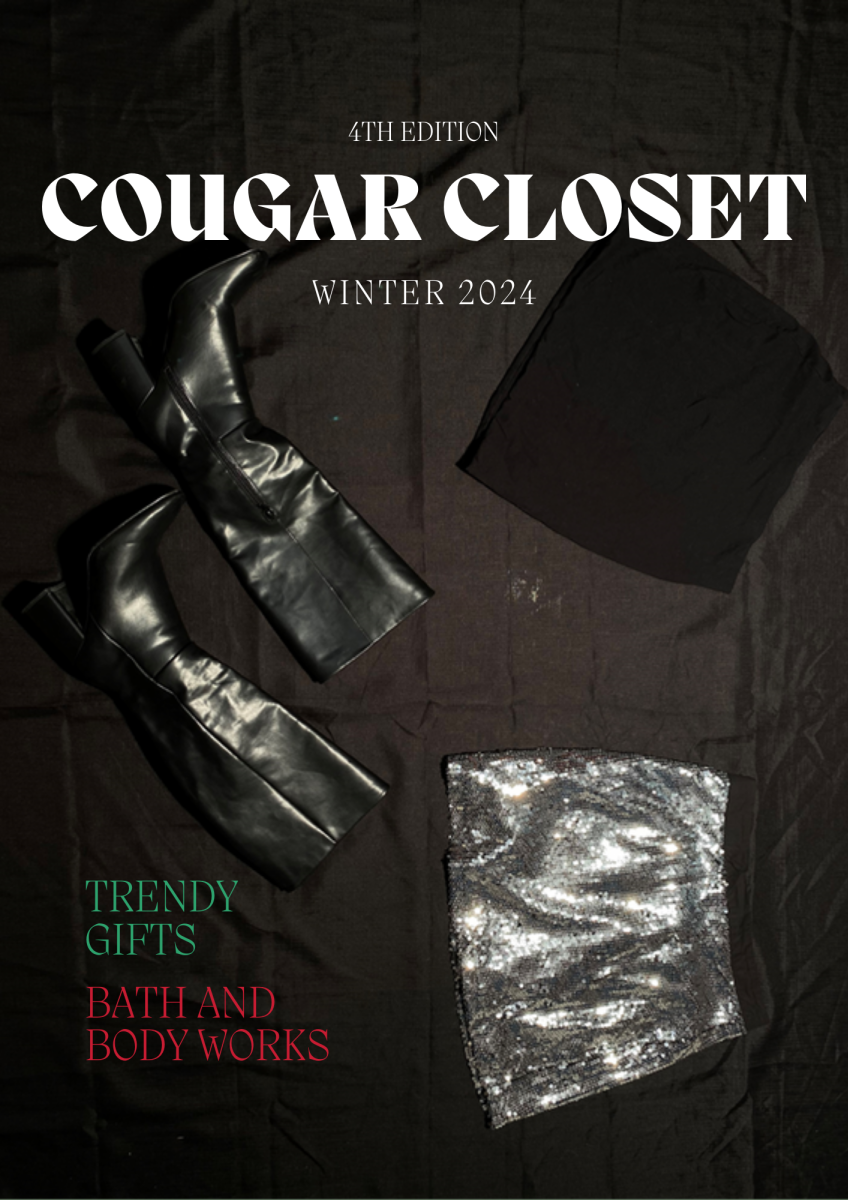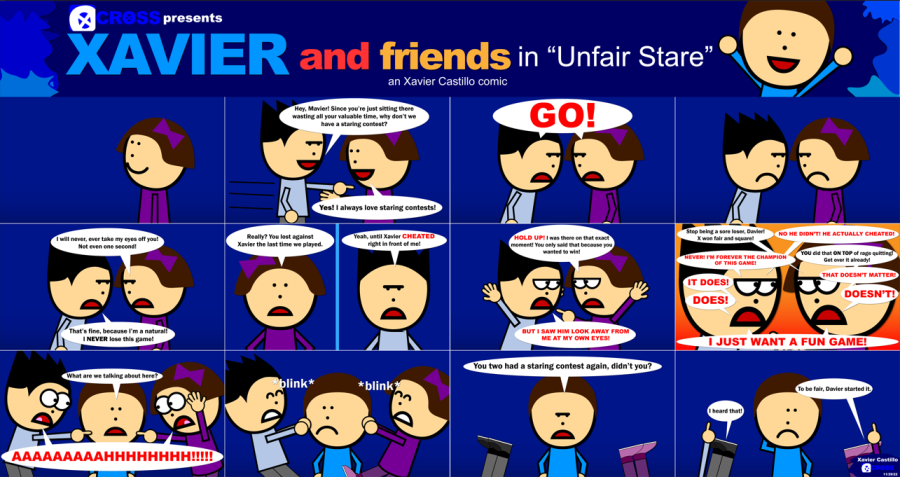My Fair Lady just got more ‘loverly’
February 7, 2023
Often, modernizing a production to the tide of current times can go awry; these modern revivals can feel too chic or camp and infuse too many pop-elements, ridding it of any remnants of the golden-age productions. But My Fair Lady is an entirely different story. In its fourth revival since its 1956 debut, the 2023 touring My Fair Lady stays true to its classic roots and successfully captures a new fresh dynamic. The show stunningly encapsulates a new take on the familiar story without entirely disregarding the original script and score.
The original show was derived from the play Pygmalion by George Bernard Shaw which itself was partly based on Ovid’s Metamorphosis where a sculptor named Pygmalion falls in love with his statue of the perfect woman. But despite this provenance and male authorship, the newest My Fair Lady nods to the contemporary movement of today.
This may be the show’s fourth revival but Bartlett Cher, the director, has found infinite ways to improve the show and incorporate many modern elements. Starting with the costumes, these new outfits pay homage to both Pygmalion and the movie adaptation of the musical. The colors of the costumes are very much telling their own story. In the first couple of scenes the outfits take on hard marble-like colors while in the last couple of scenes, the outfits are much more vibrant, representing the individuality each character has come to accept. The choreography is a stunning combination of modern and golden-age musical style; there is even a very modern moment with drag queens dancing and tempting the other characters.
The new show also incorporates many excellent production values including added soundtracks to portray unseen noises such as doorbells and horse racing. There is even a two-story revolving set for Higgins’ home, which is where many of the most iconic scenes occur.
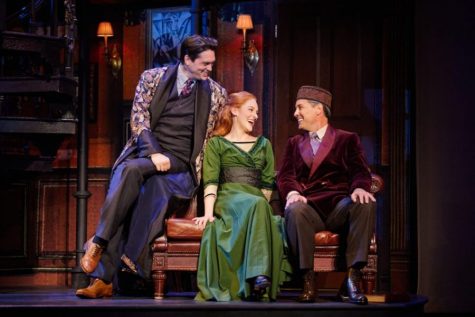
The primary plot of the show follows a famed phonetics professor, Henry Higgins, and a peasant flower seller, Eliza Doolittle. The show opens with the pair meeting, where it becomes clear to the audience that these two are distinctly opposite. Eliza is a blunt, lower-class, glass half-full type while Henry is an upper class, quietly spoken, egotistical type. Eliza overhears Henry talking with another man, Colonel Hugh Pickering, and realizes that he is a linguistic teacher, which she is in dire need of.
She takes it upon herself to track him down and ask for his services. At first Henry refuses, but then Colonel Pickering makes a bet that Henry can’t turn Eliza from a cockney working class nobody into a classy woman who could pass as royalty. Henry Higgins only agrees to help teach the peasant Eliza to prove that he is the best phonetics professor money can buy and can teach anyone how to speak posh and proper.
Eliza Doolittle then undergoes a very ugly duckling storyline, and in the original, that only happens to serve the male lead, Henry Higgins. In the newest version, Eliza comes to Higgins for help only so she can get a better job and thus improve her own life – very fem-forward. The whole ordeal culminates in the tempestuous pair of Mr. Higgins and Eliza Doolittle slowly – and I mean slowly – falling in love. She throws a tantrum, he loses his temper, she tosses the shoes, he takes her for granted, she walks out… so on and so forth. Even though they get quite angry with each other and admittedly went about it all wrong, they eventually realize that they have grown fond of one another. And just when Eliza has melted his tough heart, Henry begins to care deeply for what happens to her and falls in love.
Madeline Powell and Jonathan Grunert, who play the lead roles of Eliza Doolittle and Henry Higgins respectively, make their national tour debut in this show and have brought on new layers to their characters. Madeline Powell brings her stunning voice, impeccable comedic timing, and spirited demeanor to the role while Jonathan Grunert mitigates much of Henry’s rage with sarcastic comments and subtle flirting that make his tone more playful than patriarchal, traits not often seen in Henry.
Between smirks, snarky comments, a multitude of arguments, and subtle flirtatious banter, the pair fall in love, and it’s not coming out of left field this time. Part of the appeal of the classic show is the slow burn that is Eliza and Henry. But in some of the revivals the show doesn’t feel like it’s leading to this, it just happens…because it’s a magical musical. But that’s why it is ever so prevalent in this revival as both Powell and Grunert add a hidden dynamic, where it feels like they’re falling in love rather than just suddenly getting together.
Powell’s cockney accent is impressive, and if you come to the show as I did, that is, not knowing the history or the plot and not knowing what to expect, it may take a minute to grow fond of Eliza. At first, I found her incredibly annoying and just wanted her to stop talking, which really shows just how brilliant she is.
All in all, the show tells the dueling stories of a working-class woman trying to work her way up and a stubborn linguistic professor who treats her as a project to be manipulated and trained. But My Fair Lady is much more; it is also the story of a charming slow-burn romance, where the growth of both the antagonist and protagonist is the center-point of the story. Beyond even that, the show makes social commentary on the world of today and does so in a beautiful manner. The show tackles the issues of wealth disparity, assumed and earned privileges, and the debate of advanced learning and its effectiveness. It begs the question: can the lucky elite among the many struggling help improve their lot in life or are they only helping to disguise their snobbery?


